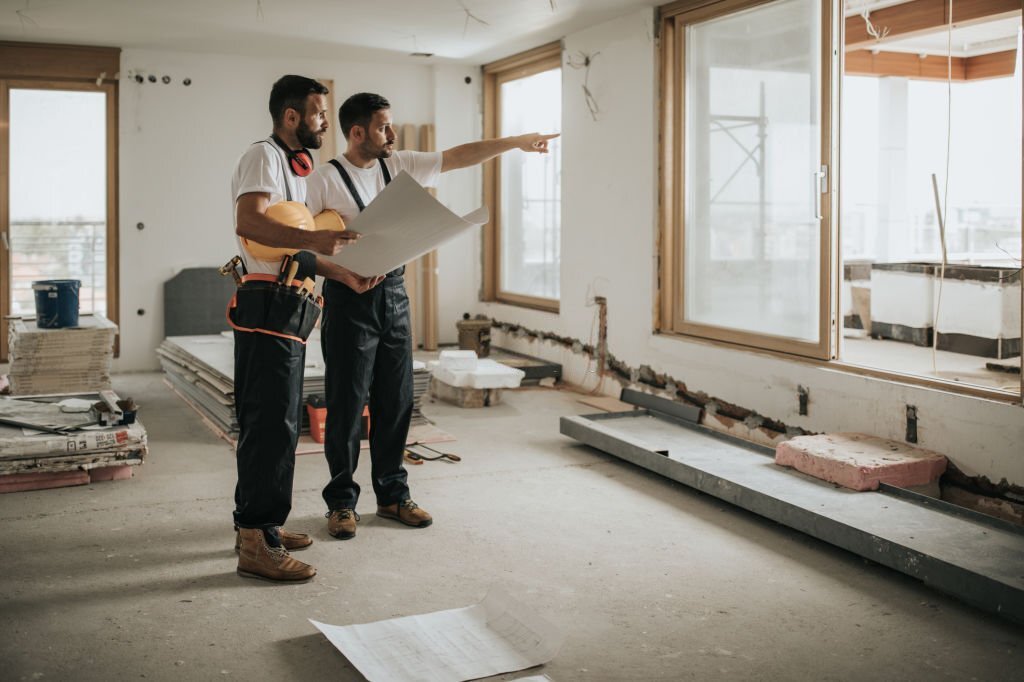If you’re selling your home in Dallas, a pre-listing home inspection is crucial for ensuring a smooth sales process. While inspections can feel invasive, they protect buyers from unwelcome surprises and enable you to catch issues early. Proper preparation ensures you present your property in the best possible light and avoid last-minute headaches. This comprehensive guide covers dos and don’ts for getting your Dallas home inspection-ready.
Do Declutter and Clean Thoroughly
An overly cluttered or dirty home can deter buyers and lower offers. Begin decluttering at least a month before listing your home. Sort through each room and donate, sell, or discard items you no longer need. Pay special attention to storage areas, which easily accumulate extra belongings. After decluttering, do a deep clean of the entire home. Scrub surfaces, vacuum floors, wash windows, dust furniture and fans, clean appliance interiors, wipe baseboards, and tidy landscaping. Consider hiring a professional cleaning service for a sparkling finish.
Do Address Any Lingering Odors
Unpleasant smells are a huge turnoff for homebuyers. Be proactive about eliminating any funky odors before showings and inspections. Air out the home regularly, dispose of excess trash, clean pet areas, and check for mold or mildew buildup. Use deodorizers and fragrant flowers to make rooms smell fresh. Smoke odors can be especially difficult to remove − you may need the ductwork professionally cleaned. Resist overdoing air fresheners and scented candles, as these can raise concerns about covering up larger issues.
Do Repair Minor Issues
Inspections will uncover necessary minor repairs you can easily address preemptively, like cracked caulking, sticking doors, or dripping faucets. Fix these issues so the inspection goes more smoothly and serious problems take the spotlight. Easy fixes also show you care about maintaining your home. Replace burnt-out light bulbs, patch holes in screens and walls, fix squeaky floorboards, regrout tile, and test smoke detectors.
Don’t Forget the Exterior
Curb appeal matters, so spruce up the exterior too. Keep lawns neatly mowed, bushes trimmed, gardens weeded, and exterior lights functioning. Check the roof and siding for damage, clean the gutters, power wash outdoor surfaces like patios, repair cracked pathways or driveways, and paint faded fences or trim. A beautiful outdoor space makes a great first impression on buyers.
Do Check Plumbing and Electrical Systems
Faulty plumbing and electricals can be expensive to repair, so verify these systems operate correctly before inspection. Ensure all sinks and toilets drain properly without leaking. Check for low water pressure or rusty water, which indicates pipe problems. For electricals, ensure all outlets work and loose wires are secured. Replace any dead batteries in smoke detectors. If you suspect large issues, hire a professional to inspect the systems ahead of time.
Don’t Try to Hide Problems
It’s unethical and counterproductive to conceal existing issues from a home inspector. Instead of attempting temporary fixes, be transparent about areas needing improvement so the buyers understand what they’re getting into. Discuss serious problems upfront and outline plans for repairing them properly post-sale. Transparency builds trust and leads to fewer conflicts down the road.
Do Review the Inspection Report Thoroughly
Pay close attention as the inspector moves through your home, asks questions, and explains the process for the inspection report. Understand how they evaluate and classify issues based on severity, so you know what to expect in the final documentation. Review the full report closely when complete − ensure factual accuracy, clarity around problem areas, fair assessments, and an appropriate overall recommendation. Identify aspects open to interpretation to bring up in price negotiations.
Don’t Panic Over an Extensive Report
Even well-maintained homes can accumulate a lengthy report, from gutters needing cleaning to moderate foundation cracks. Inspectors tend to be hyper-vigilant to avoid liability. Don’t panic reading pages of problems − focus on the critical safety issues and expensive repairs needed. Briefly outline how you will address major concerns. Provide evidence of past work for existing issues to show proper care for your home.
Preparing for a Dallas home inspection takes effort but pays off hugely in a shorter selling period and minimized negotiations. Decluttering, repairing minor issues, and addressing problems transparently sets up your property for valuation success. While lengthy inspection reports are common, aim to make defects reflect regular home maintenance, not negligence or concealment. Proactively ready your home for inspection using this dos and don’ts guide, so you can confidently showcase your property inspection Dallas to prospective buyers.
Do Check All Appliances and Fixtures
Faulty appliances or fixtures can be deal-breakers for home buyers. Ensure all appliances – refrigerators, ovens, microwaves, dishwashers, washing machines, dryers, etc. – operate properly in advance. Check for leaks, strange noises, temperature regulation issues, or problems with doors closing. Test garbage disposals; clean or replace air filters; inspect water heaters and HVAC systems. Verify ceiling fans run at all settings without wobbling and that light fixtures don’t flicker or emit buzzing sounds. Update any appliances or fixtures that are extremely outdated, worn out or have noticeable issues.
Don’t Forget About the Garage and Attic
These areas are easily overlooked when prepping a home for inspection but require attention too. Clean out cluttered garages so inspectors can access walls, doors, windows, and beams. Check garage doors and automatic openers to ensure smooth operation; repair cracks in concrete floors; replace torn weather seals around entry doors. Get rid of excess belongings in attics and properly store what remains; install insulation in gaps; reinforce weakened rafters or boards; check attic vents and fans. Taking extra time on your garage and attic maximizes your home’s spatial potential for buyers. I hope these additional tips on checking appliances/fixtures and clearing out garages/attics are helpful! Let me know if you need any other specifics to reach your word count goal.
